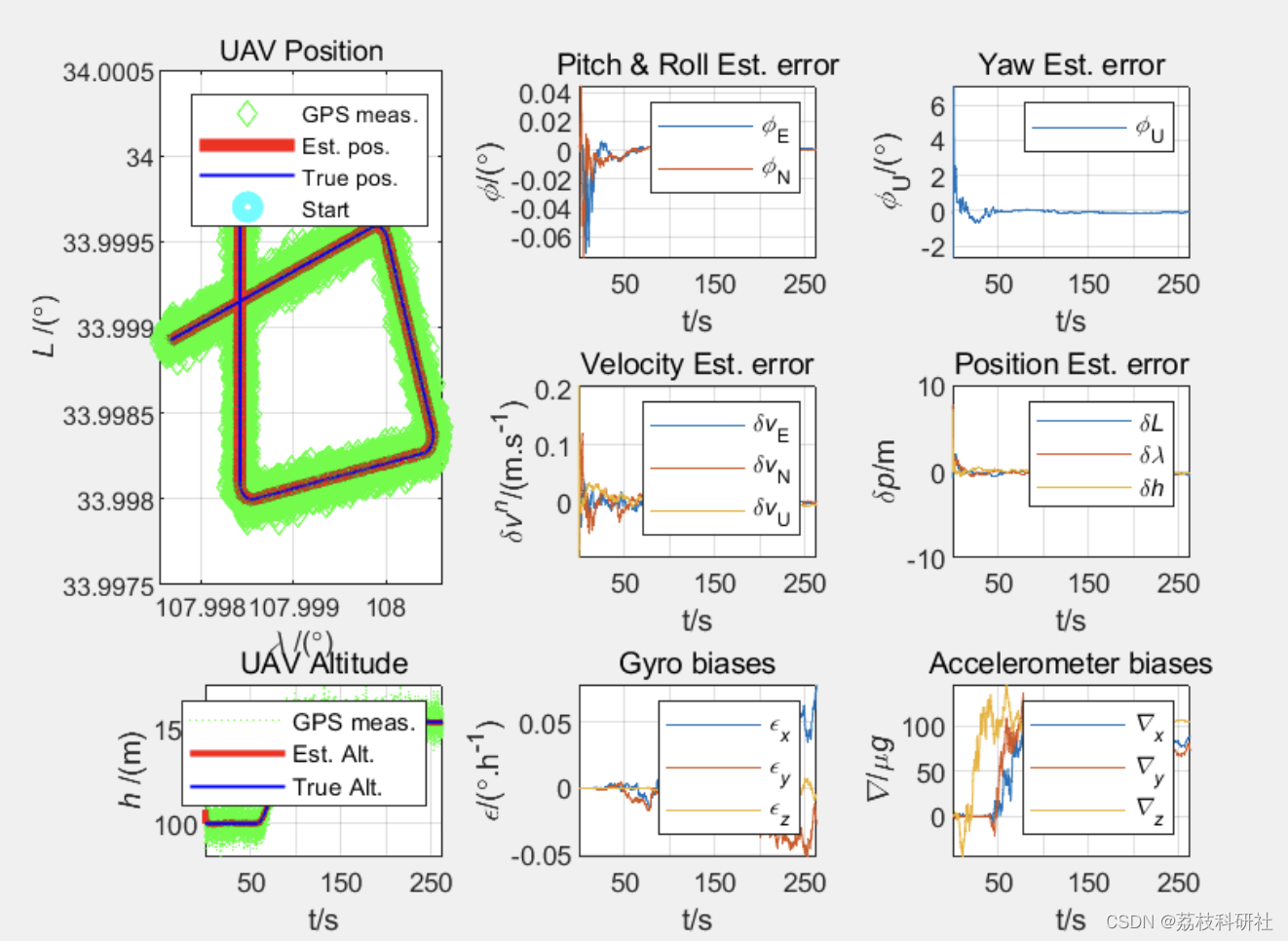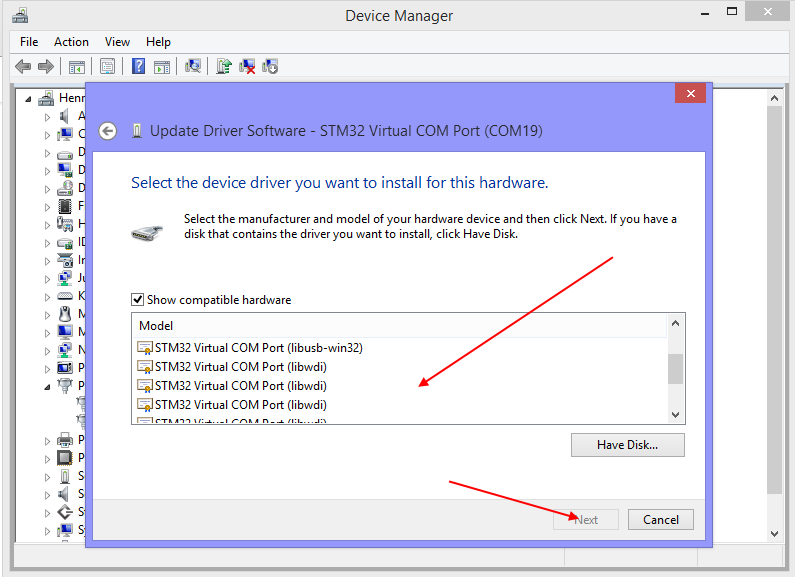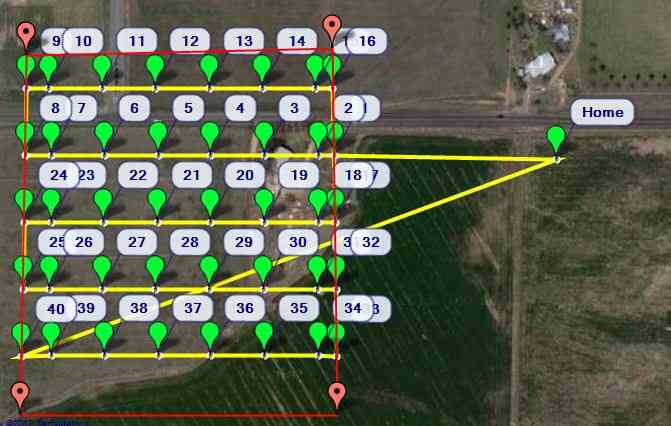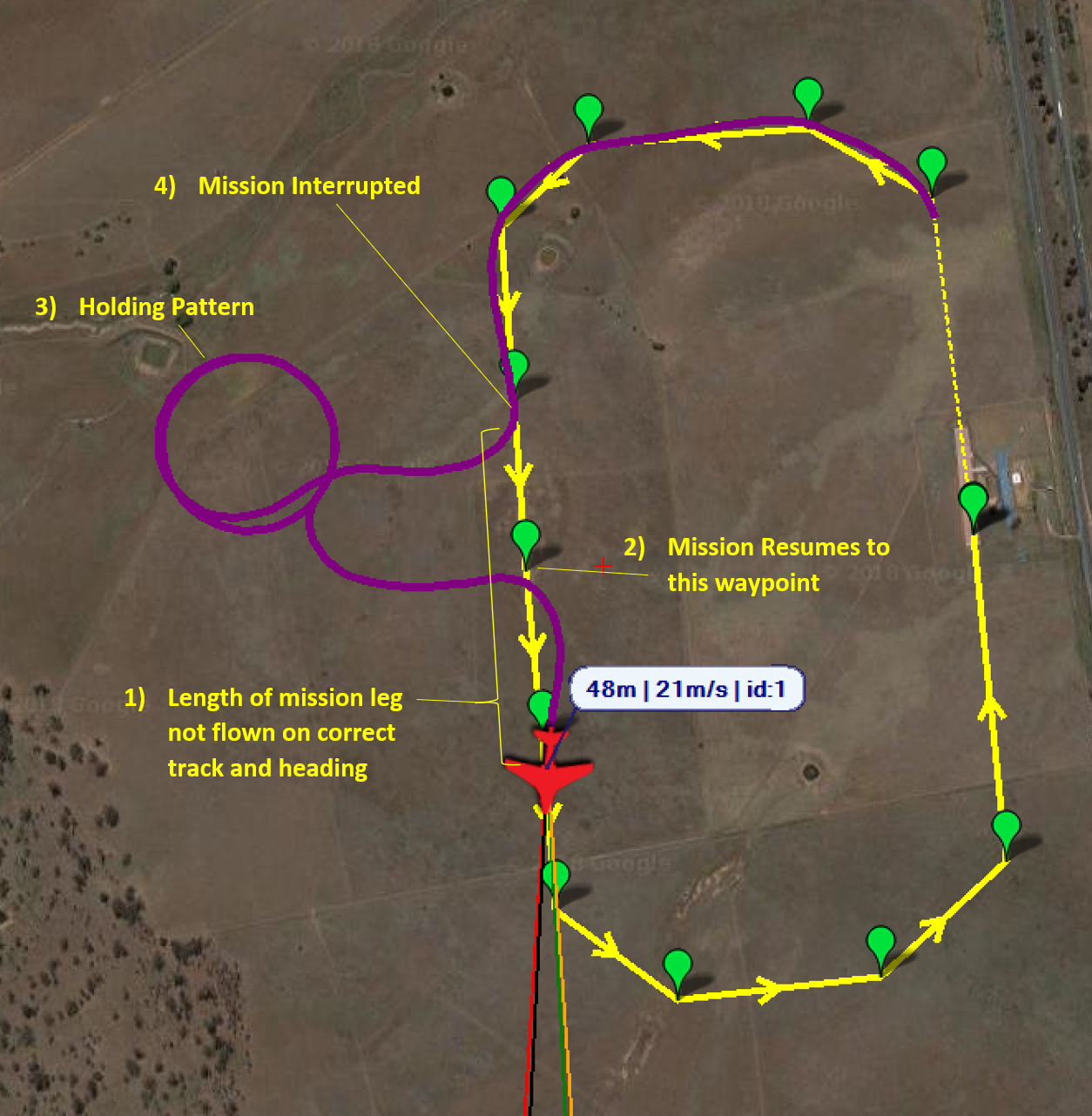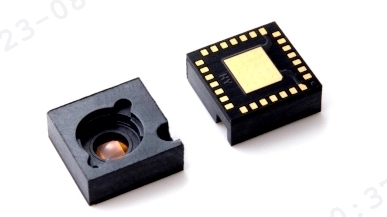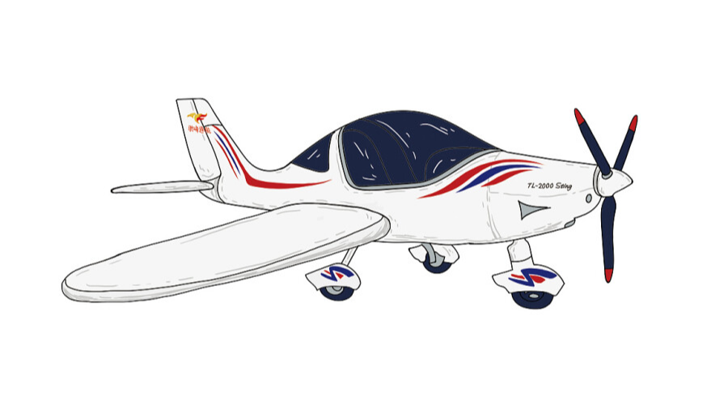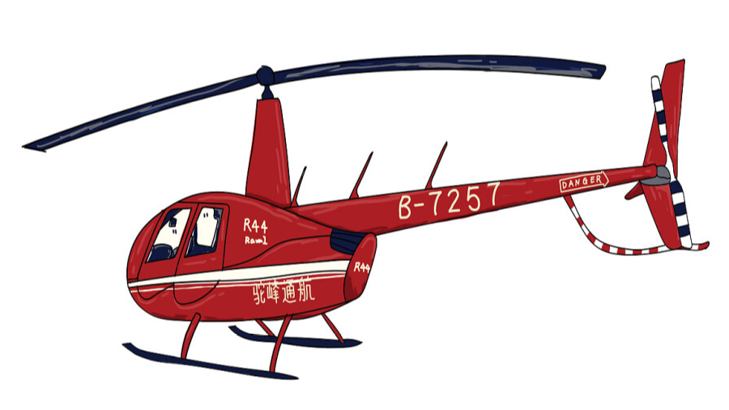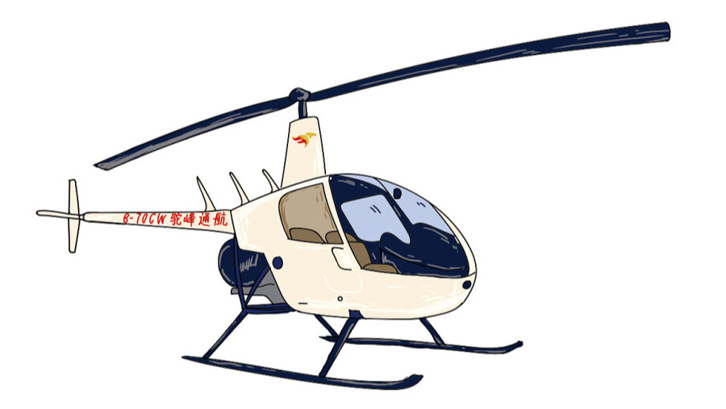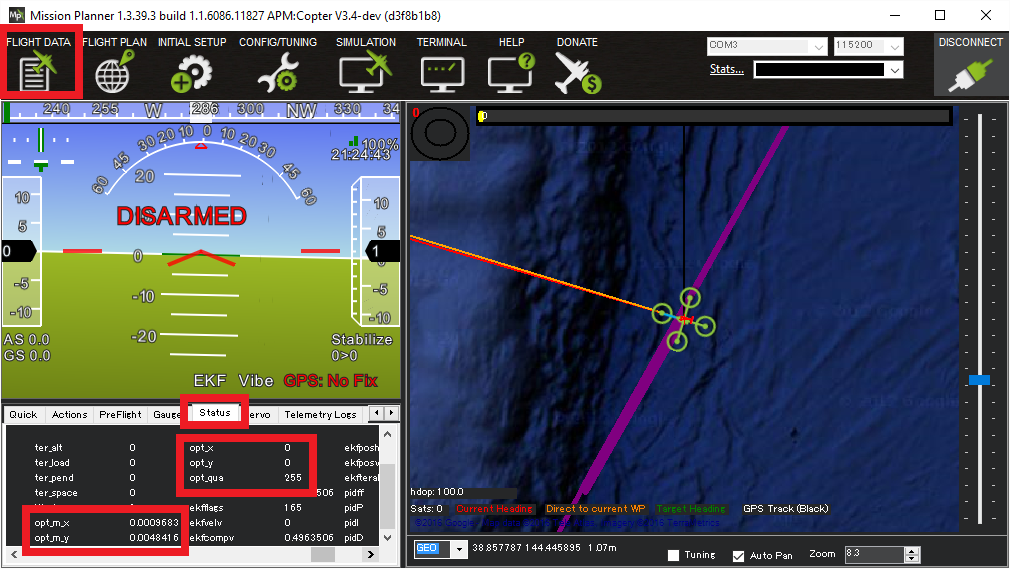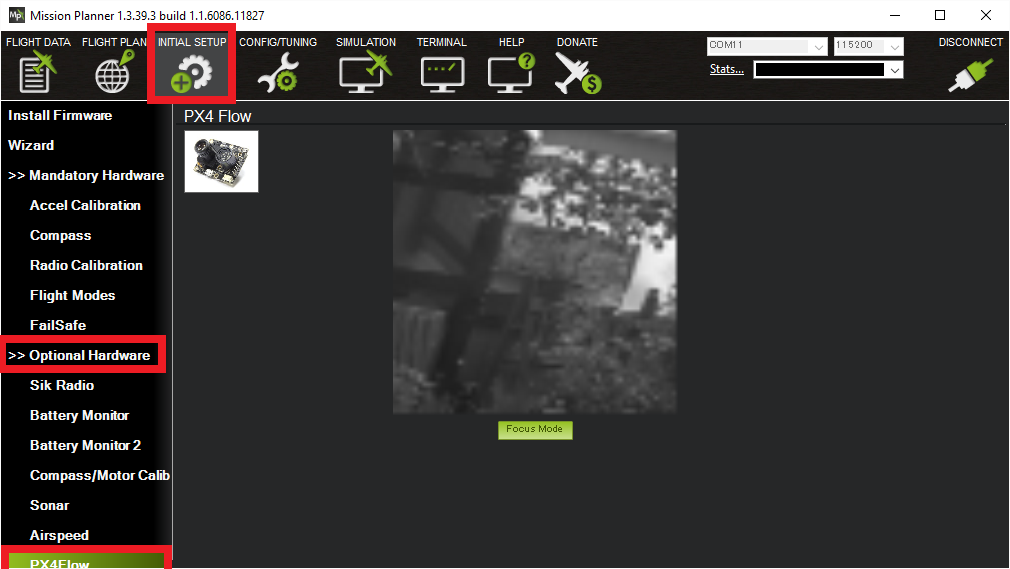文章目录
1.1 void IRAM_ATTR Copter::fast_loop()
1.2 void Copter::read_AHRS(void)
前言
故事的开始,要从参数EK3_ALT_SOURCE 说起。
EK3_ALT_SOURCE:主高度传感器源
注意:该参数适用于高级用户
EKF 使用的主要高度传感器。如果无法使用所选选项,则使用气压传感器。1 使用测距仪,仅用于光流导航(EK3_GPS_TYPE = 3),请勿将 "1" 用于地形跟踪。注意:EK3_RNG_USE_HGT 参数可用于在接近地面时切换到测距仪。
RebootRequired | Values | ||||||||||
|---|---|---|---|---|---|---|---|---|---|---|---|
True |
|
言归正传,本文主要梳理一下,在旋翼中 EKF3 的整个运行流程,以及在哪一步选择测距仪作为高度源。
1 Copter.cpp
1.1 void IRAM_ATTR Copter::fast_loop()
Ardupilot 代码中,需求资源多,运算频率高的任务,一般在 fast_loop() 函数中。这里我们只展示和 EKF3 运行相关的代码段。
运行 EKF 状态估算器(耗资巨大)。
// Main loop - 400hz
void IRAM_ATTR Copter::fast_loop()
{
...
// run EKF state estimator (expensive)
// --------------------
read_AHRS();
...
}1.2 void Copter::read_AHRS(void)
读取姿态航向参考系统的信息入口函数。
我们告诉 AHRS 跳过 INS 更新,因为我们已经在 fast_loop() 中进行了更新。
void Copter::read_AHRS(void)
{
// Perform IMU calculations and get attitude info
//-----------------------------------------------
#if HIL_MODE != HIL_MODE_DISABLED
// update hil before ahrs update
gcs().update_receive();
gcs().update_send();
#endif
// we tell AHRS to skip INS update as we have already done it in fast_loop()
ahrs.update(true);
}1.3 对象ahrs说明
在 Copter.h 中,我们用 AP_AHRS_NavEKF 类定义了 ahrs 对象。
AP_AHRS_NavEKF ahrs{EKF2, EKF3, AP_AHRS_NavEKF::FLAG_ALWAYS_USE_EKF};2 AP_AHRS_NavEKF.cpp
2.1 void AP_AHRS_NavEKF::update(bool skip_ins_update)
所以,我们在跳转 update() 这个成员函数的时候,跳转到 AP_AHRS_NavEKF 类的 update() 函数。
void AP_AHRS_NavEKF::update(bool skip_ins_update)
{
...
if (_ekf_type == 2) {
// if EK2 is primary then run EKF2 first to give it CPU
// priority
update_EKF2();
update_EKF3();
} else {
// otherwise run EKF3 first
update_EKF3();
update_EKF2();
}
...
}2.2 void AP_AHRS_NavEKF::update_EKF3(void)
更新 EKF3。
void AP_AHRS_NavEKF::update_EKF3(void)
{
...
if (_ekf3_started) {
EKF3.UpdateFilter();
...
}
}2.3 对象EKF3说明
在 AP_AHRS_NavEKF.h 中,我们用 NavEKF3 类定义了 EKF3 对象。
NavEKF3 &EKF3;3 AP_NavEKF3.cpp
3.1 void IRAM_ATTR NavEKF3::UpdateFilter(void)
所以,我们在跳转 UpdateFilter() 这个成员函数的时候,跳转到 NavEKF3 类的 UpdateFilter() 函数。
更新滤波器状态 - 只要有新的 IMU 数据,就应调用该函数。
// Update Filter States - this should be called whenever new IMU data is available
void IRAM_ATTR NavEKF3::UpdateFilter(void)
{
if (!core) {
return;
}
imuSampleTime_us = AP_HAL::micros64();
const AP_InertialSensor &ins = AP::ins();
bool statePredictEnabled[num_cores];
for (uint8_t i=0; i<num_cores; i++) {
// if we have not overrun by more than 3 IMU frames, and we
// have already used more than 1/3 of the CPU budget for this
// loop then suppress the prediction step. This allows
// multiple EKF instances to cooperate on scheduling
if (core[i].getFramesSincePredict() < (_framesPerPrediction+3) &&
(AP_HAL::micros() - ins.get_last_update_usec()) > _frameTimeUsec/3) {
statePredictEnabled[i] = false;
} else {
statePredictEnabled[i] = true;
}
core[i].UpdateFilter(statePredictEnabled[i]);
}
...
}3.2 对象core说明
在 AP_NavEKF3.h 中,我们用 NavEKF3_core 类定义了 core 对象。
NavEKF3_core *core = nullptr;4 AP_NavEKF3_core.cpp
4.1 void IRAM_ATTR NavEKF3_core::UpdateFilter(bool predict)
所以,我们在跳转 UpdateFilter() 这个成员函数的时候,跳转到 NavEKF3_core 类的 UpdateFilter() 函数。
如果缓冲区中有新的 IMU 数据,则运行 EKF 方程,在融合时间跨度上进行估算。
/********************************************************
* UPDATE FUNCTIONS *
********************************************************/
// Update Filter States - this should be called whenever new IMU data is available
void IRAM_ATTR NavEKF3_core::UpdateFilter(bool predict)
{
...
// Run the EKF equations to estimate at the fusion time horizon if new IMU data is available in the buffer
if (runUpdates) {
// Predict states using IMU data from the delayed time horizon
UpdateStrapdownEquationsNED();
// Predict the covariance growth
CovariancePrediction();
// Update states using magnetometer or external yaw sensor data
SelectMagFusion();
// Update states using GPS and altimeter data
SelectVelPosFusion();
// Update states using range beacon data
SelectRngBcnFusion();
// Update states using optical flow data
SelectFlowFusion();
// Update states using body frame odometry data
SelectBodyOdomFusion();
// Update states using airspeed data
SelectTasFusion();
// Update states using sideslip constraint assumption for fly-forward vehicles
SelectBetaFusion();
// Update the filter status
updateFilterStatus();
}
...
}关于 EKF3 的位置和速度融合,Ardupilot 单独分出一个文件。
5 AP_NavEKF3_PosVelFusion.cpp
5.1 void NavEKF3_core::SelectVelPosFusion()
选择融合速度、位置和高度测量值。
/********************************************************
* FUSE MEASURED_DATA *
********************************************************/
// select fusion of velocity, position and height measurements
void NavEKF3_core::SelectVelPosFusion()
{
...
// Select height data to be fused from the available baro, range finder and GPS sources
selectHeightForFusion();
...
}5.2 void NavEKF3_core::selectHeightForFusion()
从可用的气压计、测距仪和 GPS 信号源中选择要融合的高度测量值。
/********************************************************
* MISC FUNCTIONS *
********************************************************/
// select the height measurement to be fused from the available baro, range finder and GPS sources
void NavEKF3_core::selectHeightForFusion()
{
// Read range finder data and check for new data in the buffer
// This data is used by both height and optical flow fusion processing
readRangeFinder();
rangeDataToFuse = storedRange.recall(rangeDataDelayed,imuDataDelayed.time_ms);
// correct range data for the body frame position offset relative to the IMU
// the corrected reading is the reading that would have been taken if the sensor was
// co-located with the IMU
if (rangeDataToFuse) {
AP_RangeFinder_Backend *sensor = frontend->_rng.get_backend(rangeDataDelayed.sensor_idx);
if (sensor != nullptr) {
Vector3f posOffsetBody = sensor->get_pos_offset() - accelPosOffset;
if (!posOffsetBody.is_zero()) {
Vector3f posOffsetEarth = prevTnb.mul_transpose(posOffsetBody);
rangeDataDelayed.rng += posOffsetEarth.z / prevTnb.c.z;
}
}
}
// read baro height data from the sensor and check for new data in the buffer
readBaroData();
baroDataToFuse = storedBaro.recall(baroDataDelayed, imuDataDelayed.time_ms);
// select height source
if (((frontend->_useRngSwHgt > 0) && (frontend->_altSource == 1)) && (imuSampleTime_ms - rngValidMeaTime_ms < 500)) {
if (frontend->_altSource == 1) {
// always use range finder
activeHgtSource = HGT_SOURCE_RNG;
}
...
}
...
}5.3 参数_altSource说明
在 AP_NavEKF3.cpp 文件中,我们定义了参数 EK3_ALT_SOURCE 的内容(element)为_altSource。
// @Param: ALT_SOURCE
// @DisplayName: Primary altitude sensor source
// @Description: Primary height sensor used by the EKF. If the selected option cannot be used, baro is used. 1 uses the range finder and only with optical flow navigation (EK2_GPS_TYPE = 3), Do not use "1" for terrain following. NOTE: the EK3_RNG_USE_HGT parameter can be used to switch to range-finder when close to the ground.
// @Values: 0:Use Baro, 1:Use Range Finder, 2:Use GPS, 3:Use Range Beacon
// @User: Advanced
// @RebootRequired: True
AP_GROUPINFO("ALT_SOURCE", 9, NavEKF3, _altSource, 0),至此,我们如果将参数 EK3_ALT_SOURCE 设置为 1,那么在此代码处(activeHgtSource = HGT_SOURCE_RNG;),测距仪(TOF)的高度将传入 EKF3 进行运算。

